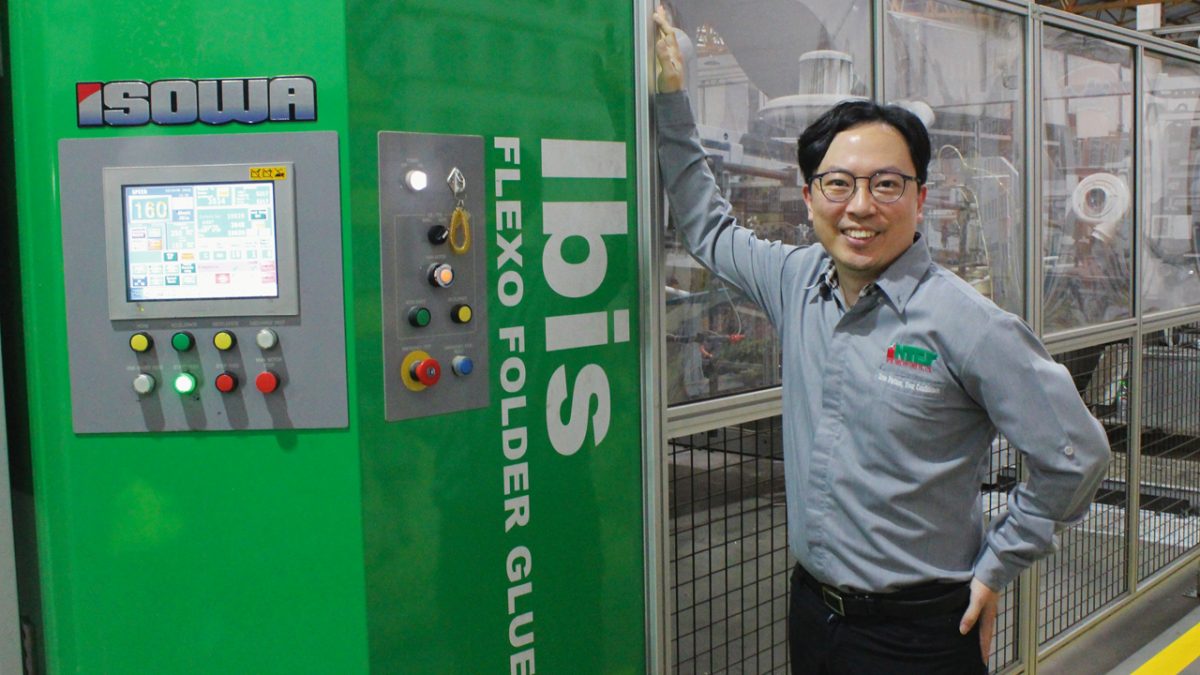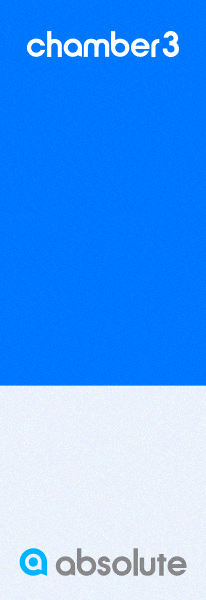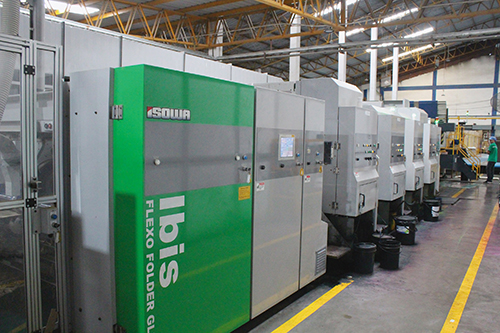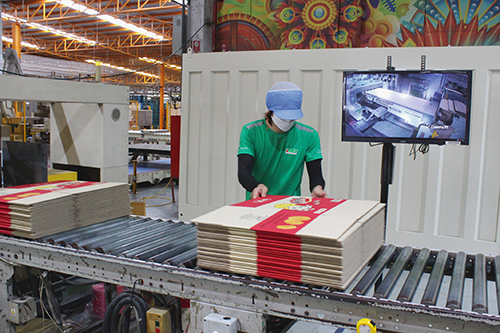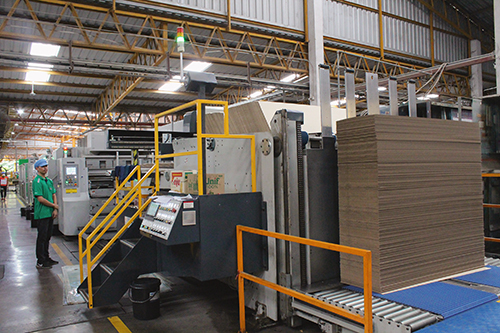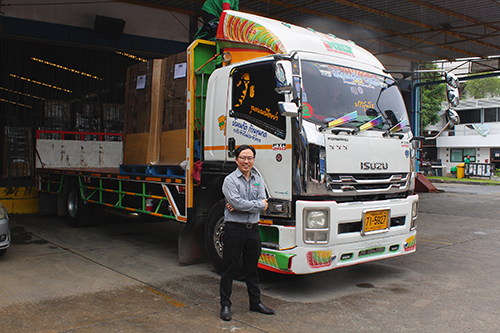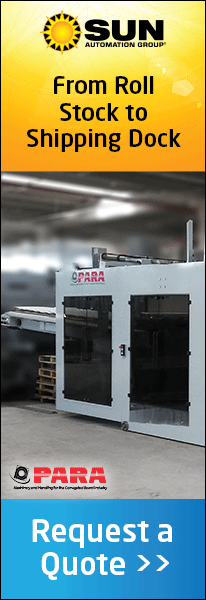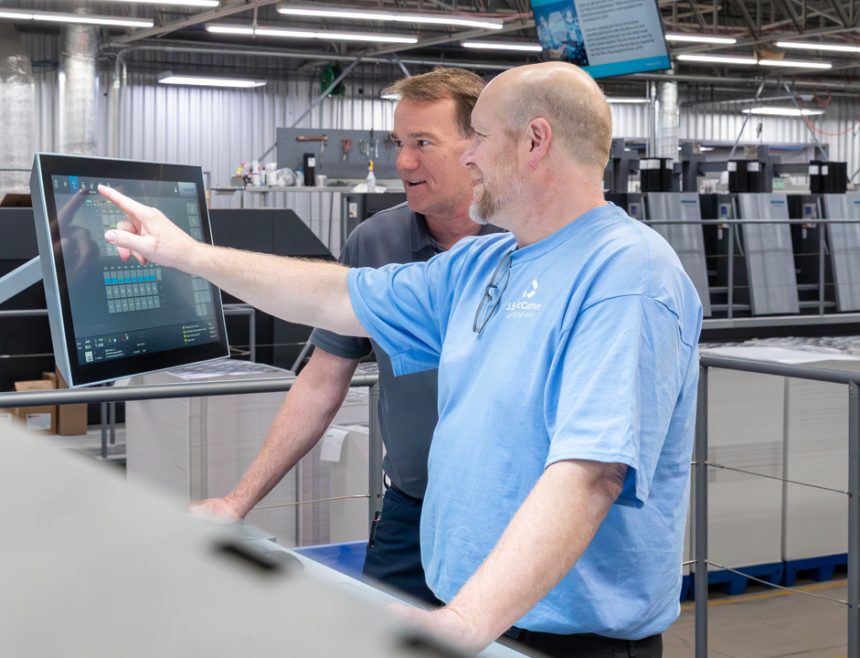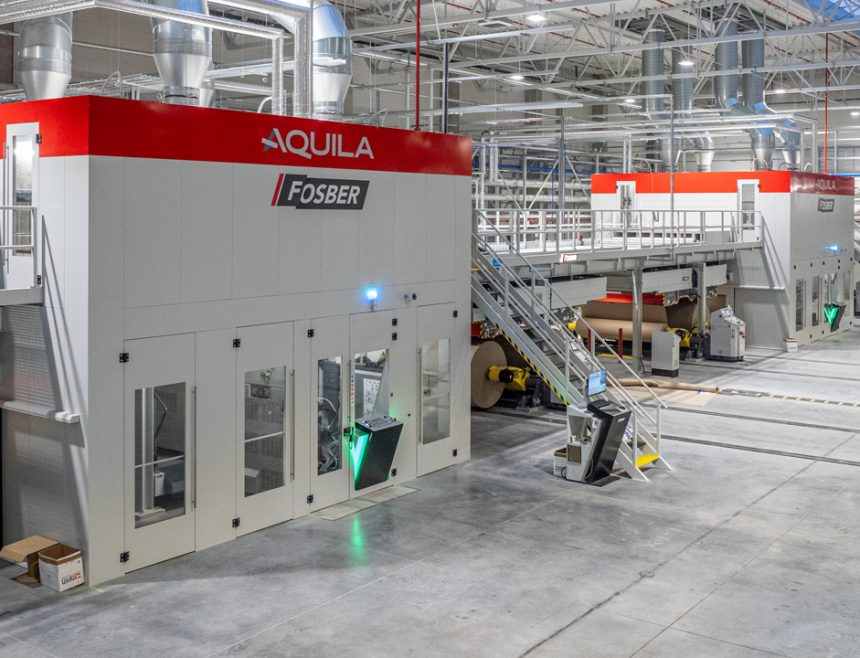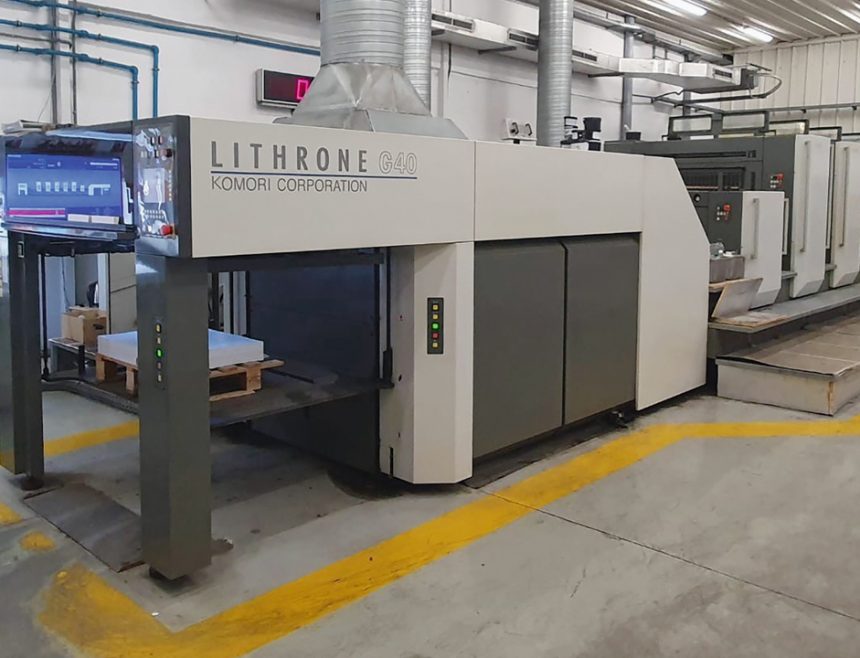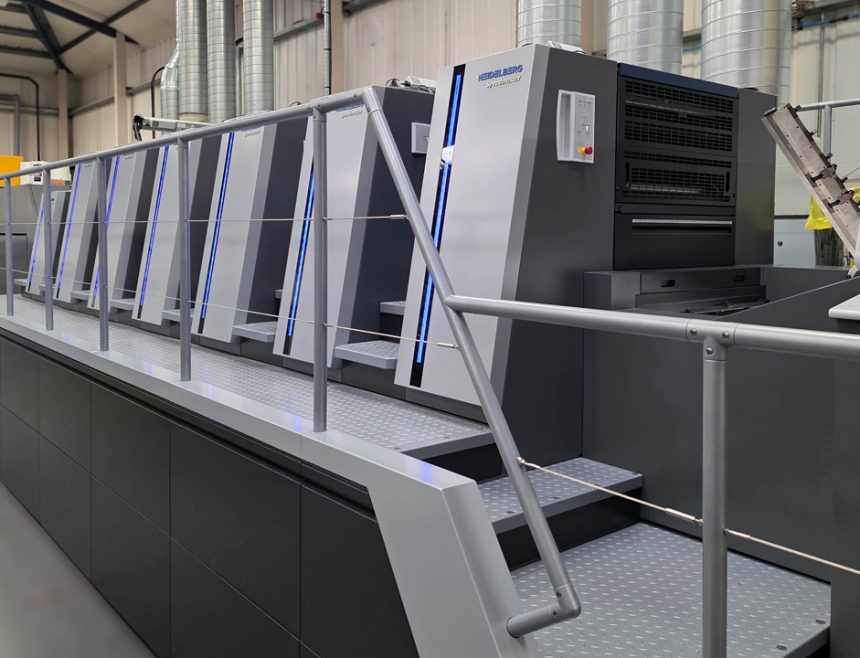Thailand’s corrugated industry is entering a new development phase as a recent wave of foreign manufacturing investment brings in new customers making electronics and other hi-tech products who require high quality boxes to pack their goods for export.
The domestic market is also offering box makers new opportunities. Younger Thai consumers expect a wider choice of products in supermarkets and convenience stores. This is creating demand for a greater variety of colourful corrugated packaging than previously.
Thai packaging companies gearing up for future business growth include Inter Group Packaging, which is implementing an ambitious two-phase investment programme to expand and upgrade production at its two corrugated plants in Bangkok and Prachinburi in central eastern Thailand.
Inter Group Packaging is a Thai family-owned business. Established in 1980 as a sheet plant, the company invested in its first corrugator in 1990. Inter Group Packaging’s other facilities include a paper mill in Prachinburi opened in 2006 that produces testliner and fluting. More recently, Inter Group opened a digital printing plant in 2018 near Bangkok.
Today, Inter Group Packaging is one of Thailand’s leading corrugated packaging and paper manufacturers with an installed production capacity of one million sqm per day of corrugated board.
To keep up with business growth, Inter Group has chosen Isowa as its FFG equipment supplier, placing orders for an Ibis and a Falcon for the first phase of its expansion programme.
As part of plans to increase output of larger boxes, group-member Inter Fibre Container Co Ltd has installed a four-colour Ibis to upgrade production at its plant in Bangkok’s Bang Khae district. The new machine was purchased to complement Inter Fibre’s existing Isowa three-colour Falcon, Inter Group’s first Isowa line, which was installed in 2016.
“We have installed our Ibis for expansion. We have chosen the Ibis to make medium and large boxes. Previously we installed the Falcon to make smaller cartons,” commented Kittisak Rangnoktai, Managing Director of both Inter Fibre Container Co Ltd and group member Inter Eastern Container Co Ltd, which is located in Prachinburi. “Our Ibis makes boxes for household products and for snack foods. The Ibis can produce mid-size to large boxes and smaller boxes, so it’s quite flexible. We asked Isowa to provide automatic ink viscosity detection monitoring, so our operators do not need to check. That’s a function I really like about Isowa machines.”
Market Changes
Thailand’s packaging market has seen some important changes recently as many customers have begun ordering printed box designs in smaller quantities per design than previously. “We have chosen the Isowa Ibis for its quick set-up time to make small carton batches as the batch size for RSC boxes in Thailand is getting smaller and Isowa machines answer this need,” Rangnoktai said. “The Ibis’s production quality is stable, so less set up time is needed. Also, we have found that Isowa machines’ ink waste is less than some other FFG models. Smaller batches are the trend here – there is more variety in consumer products being sold; for example, soft drinks brands used to sell just cola drinks but now they sell many different flavours and each drink flavour has its own packaging.”
Inter Fibre chose a four-colour Ibis to meet growing customer requests for multi-colour printed boxes. “The trend now is for multi-colour printed designs because the trend in shops is to display products on the shelves in shelf-ready printed boxes,” Rangnoktai explained.
In Detail
Inter Fibre Container occupies a 43,200 sqm site in Bang Khae, in the western outskirts of Bangkok. In addition to the new Isowa Ibis, the plant also is equipped with its Isowa Falcon , two other FFGs and two corrugators, including a 2.5m Yue Li corrugator.
Working a two-shift day, Inter Fibre Containers produces about 10 million sqm of corrugated sheets a month. About 65% of the sheets are used in-house, while the remainder are sold to other converters. About 70% of the sheets made are single wall, the rest are doublewall.
“We have had this production ratio for quite some time,” Rangnoktai said. “Most of our sheets are made of C and Bflute, and BC doublewall.”
Around 40% of Inter Fibre Containers’ boxes are supplied to food and beverage customers, and a further 10% to frozen food companies. In addition, about 15% are used to pack consumer goods and 5% for electronics products.
Inter Fibre Containers supplies customers within a 100km radius of its plant, an area which includes Bangkok.
“We expect good business in this area in future as paper packaging is part of the circular economy as people can recycle old boxes,” Rangnoktai commented.
Meanwhile, Inter Group Packaging member Inter Eastern Container supplies customers within a 150km radius around its central eastern Thailand plant. Inter Eastern occupies a 20,000 sqm factory located adjacent to Inter Pacific Paper Co Ltd, the Inter Group’s 150,000 tons/year paper mill.
Rangnoktai explained that Inter Eastern’s corrugating and converting expansion programme involves installing an Isowa Falcon and an Ibis , replicating the successful Isowa FFG pairing already installed in Inter Fibre’s Bangkok factory.
Inter Eastern recently installed a three-colour Isowa Falcon , almost a repeat order of the Bangkok plant’s machine. In addition, the Prachinburi plant is equipped with two older FFGs and a new 2.5m Fosber Pro/Line corrugator which has been installed to replace the plant’s old corrugator.
Working a two-shift day Inter Eastern currently produces seven million sqm per month of corrugated sheets. Around 70% are converted onsite, the rest are supplied to other converters.
More PlansInter Eastern will soon begin preparations to implement the second phase of its expansion programme. The company has placed a repeat order with Isowa for a three-colour Ibis which is due to be commissioned in mid-2024, increasing box output by 15%.
“We chose an Ibis for Inter Eastern’s plant as we believe in Isowa machines. When investing in an Isowa machine, it’s not just the equipment we acquire; we also embrace Isowa corporate culture, aiming to create a company with the best corporate culture,” Rangnoktai commented. “We expect our Prachinburi plant customers to grow in the future as our government is supporting the National Eastern Seaboard Development Scheme which is attracting foreign investors. A lot of Chinese companies are coming in making electronics and consumer goods.
“Competition is increasing among corrugating and box companies, but I like competition. Staying alert is essential, and through this we can grow and create value for society,” he concludes.

